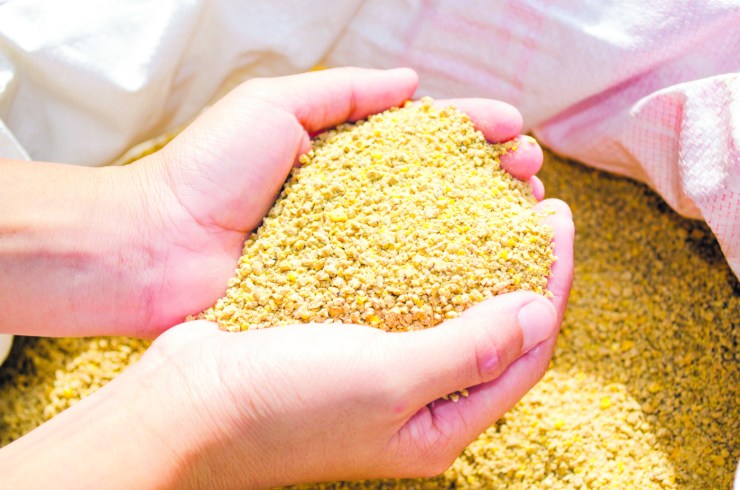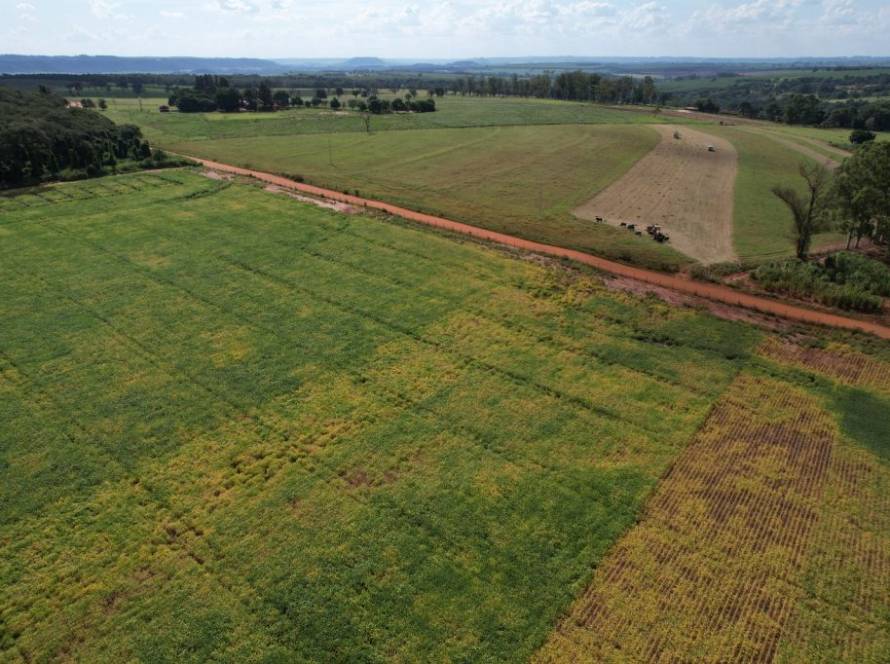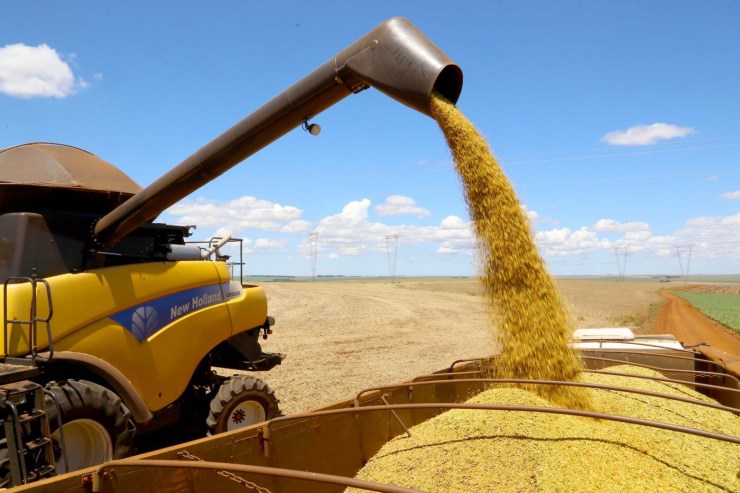On Tuesday (19), socio-environmental organizations expressed concern about the increase in deforestation in the Amazon following the decision by the General Superintendence of the Administrative Council for Economic Defense (CADE) to suspend the Soy Moratorium. The voluntary trade agreement that has existed for 19 years prohibits the purchase of soybeans grown in areas deforested in the biome after 2008. 

It's an instrument even used by the government to grant tax benefits and lower interest rates in public policies, such as the Harvest Plan. "Without the Soy Moratorium, considered one of the most effective multi-sector agreements in the world, the path is paved for soy to once again become a major driver of deforestation in the Amazon, and this will bury any chance of Brazil meeting its climate goals," warns Cristiane Mazzetti, forest coordinator at Greenpeace Brazil.

Photo: Gilson Abreu
According to the organizations' members, the agreement has never hampered production growth in the Amazon region, which saw a 3,44% increase between 2009 and 2022. On the other hand, the 69% reduction in deforestation in the biome over the same period demonstrates the effectiveness of the Soy Moratorium. "Brazil has vast potential for degraded lands that can be rehabilitated and incorporated into agricultural production without the need to advance into new forest areas," highlights a statement published by WWF-Brazil.
According to Cade's general superintendence, the decision is a measure that will enable the practical investigation of purchasing cartels by large companies. trading companies (international intermediary companies). "It is an instrument provided for in legislation that can be adopted when there is evidence or well-founded concern that the conduct under investigation causes or may cause irreparable or difficult-to-repair harm to the market, or that renders the final outcome of the proceedings ineffective."
Along with the suspension, an administrative inquiry into anticompetitive conduct was launched to investigate 30 companies in the sector, members of the Soy Working Group. The companies under investigation were also prohibited from collecting, storing, sharing, or disseminating commercial information or information about the Soy Moratorium, and members are prohibited from sharing reports, lists, and documents on the topic.
Ruralist pressure
The agency, affiliated with the Ministry of Justice and Public Security, also reported that the suspension was motivated by a complaint filed by the Chamber of Deputies' Agriculture, Livestock, Supply, and Rural Development Committee, which alleges a possible cartel organized by companies linked to the Brazilian Association of Vegetable Oil Industries (ABIOVE) and the National Association of Grain Exporters (ANEC). "The document indicated that the signatories of the Soy Moratorium had agreed not to purchase grains from producers with cultivated areas in deforested regions of the Amazon biome after 2008. The specific agreement, signed between companies in the sector, applies exclusively to soybeans and does not cover other types of crops," the statement said.

Photo: Marcelo Camargo/Agência Brasil
WWF Brazil stated in a statement that the representation challenging the Soy Moratorium is an attempt to expand agriculture in a disorderly manner in the Amazon, destroying the forest and jeopardizing Brazil's future. "With a clearly denialist approach to the effects of climate change, which is already severely impacting Brazilian rural production, these groups represent the most retrograde vision of Brazilian agriculture," the socio-environmental organization emphasizes.
Greenpeace's forest coordinator adds that the decision "punishes those who protect the forests and favors those who profit most from the destruction of the Amazon."
Restrictions
The Soy Moratorium had already been the target of bills and decisions by state legislatures in states such as Mato Grosso, Rondônia, and Maranhão, with restrictions on tax incentives and other benefits for those who signed the agreement. In December 2024, attacks on the forest conservation instrument prompted 66 civil society organizations to demonstrate in support of the Soy Moratorium. Agência Brasil contacted Cade's general superintendence seeking more information about the measure's validity, but had not received a response by the time of publication.





